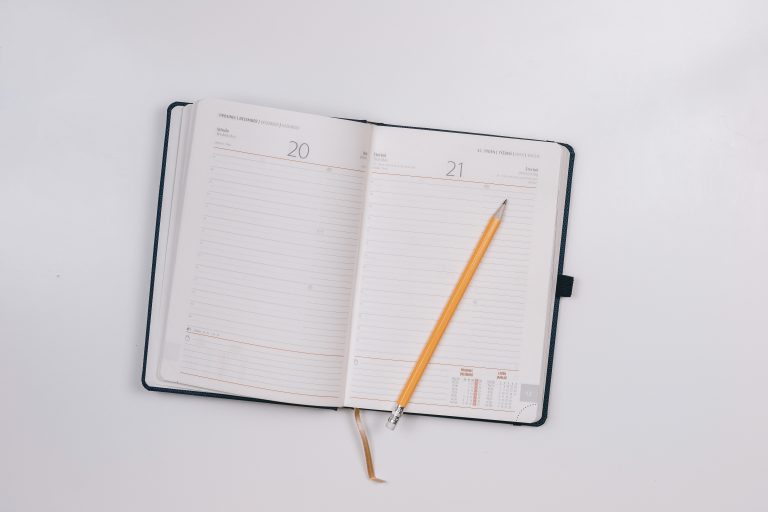
When providing care to parrots at a sanctuary, regular health checks are one of the most critical things you should provide for every resident. Although it can be daunting if your sanctuary has a large number of parrots to care for, it is unacceptable to offer lifelong care to individual parrots without having the capacity to give each resident their own scheduled health checks, even if they appear healthy. There are a variety of benefits of a short, documented health checkThe Open Sanctuary Project uses the term "health check" to describe health evaluations performed by caregivers who are not licensed veterinarians. While regular health checks are an important part of animal care, they are not meant to be a replacement for a physical exam performed by a licensed veterinarian. beyond evaluating a resident who visibly seems to be doing poorly!
What Does ‘Unacceptable’ Mean?
At The Open Sanctuary Project, unacceptable means that we cannot condone (or condone through omission) a certain practice, standard, or policy. See a more detailed explanation here.
Get To Know Individuals
Providing individual health checks helps you get to know each resident as an individual who has their own preferences, needs, and dislikes. By looking them over and gently handling them, you or your caregivers will have an opportunity to better understand and advocate for the individual lives in your care, rather than focusing solely on your resident population as a whole. This is especially important during intake evaluations.
Learn What Healthy Looks Like
When you give regular health checks to individual residents, it can help you rapidly discern how a healthy versus unhealthy member of each species generally looks, feels, and acts. This can help you identify and prioritize care if residents give subtle signs that something may be amiss. Some individuals in your care will likely have ongoing health challenges (or may just be a little different than other members of their species!); giving them a regular checkup will help you know what’s normal for them, or if they’re having an illness flare up or additional concern that must be addressed.
Document Your Findings
Each health check you perform, even if the resident is completely healthy, should be documented. Here’s why documentation is important!
Early Alerts
Some species or individuals are adept at hiding discomfort, pain, and illness. While this is a valuable species skill for protecting themselves from predation, it makes for more challenging ongoing healthcare for your residents! By providing regular health checks to residents who seem healthy on first glance, you can discover issues that they may have been suffering with for a long while, or provide proactive care for minor health issues before they become much more serious.
Address Sanctuary Concerns
Providing health checks to whole flocks can help you see wider patterns in your populations; for instance, if a number of residents in the same living spaceThe indoor or outdoor area where an animal resident lives, eats, and rests. develop a deficiency, there may be a systemic nutritional issue with supplementation you’re providing or an environmental issue causing deficiencies. If a number of residents get injured in specific ways over a period of time, there might be a problem with habitat design or pasture that must be addressed to protect your residents’ health.
Ease In Emergencies
There may be a time when you need to move or evacuate one or more residents quickly and efficiently. By regularly looking over and handling residents respectfully, it can help individuals become less stressed out or reactive to human handling. This can be critical in times when you need their immediate cooperation!
Ask An Expert
Prior to conducting health checks of any species, you should have a veterinarian or compassionate care expert give you hands-on training in order to be the best resident health advocate possible! Being trained to rapidly distinguish abnormalities from normal anatomy and healthy conditions can be crucial in early health problem detection, and the sooner you are able to bring concerns to your veterinarian, the sooner they’ll be able to work towards making a diagnosis and recommending any necessary interventions!
You can learn more about conducting parrot health checks here!






